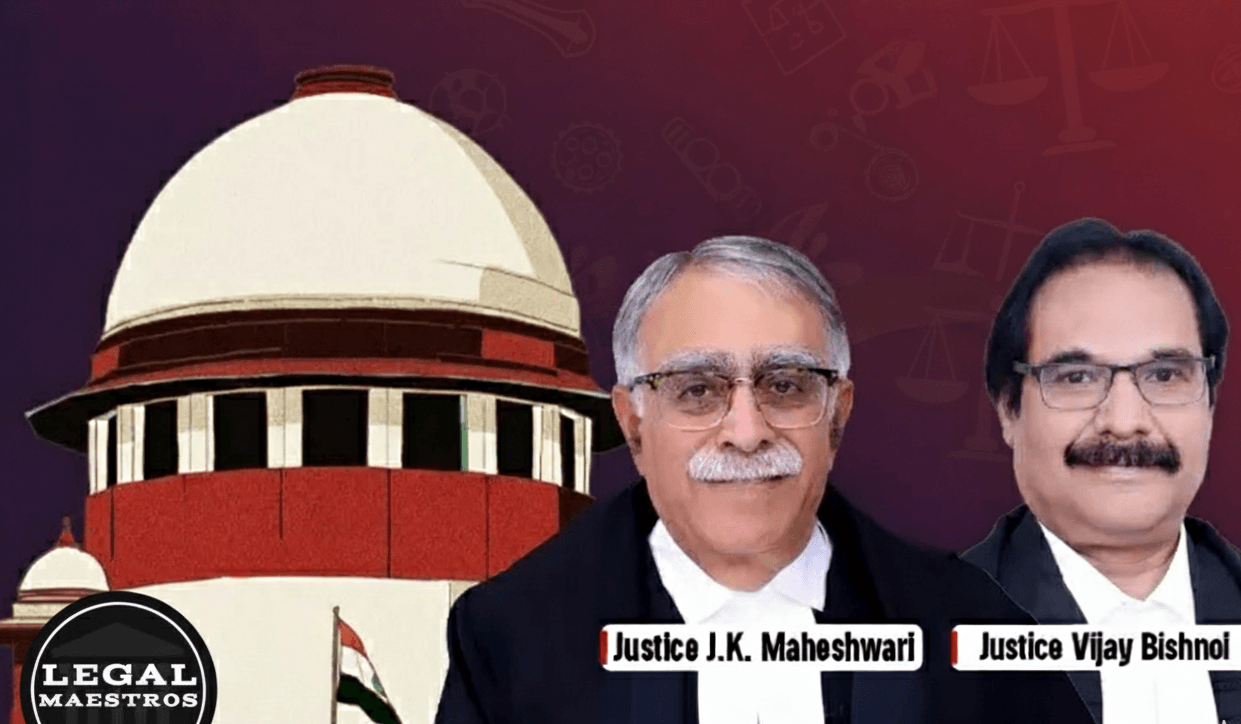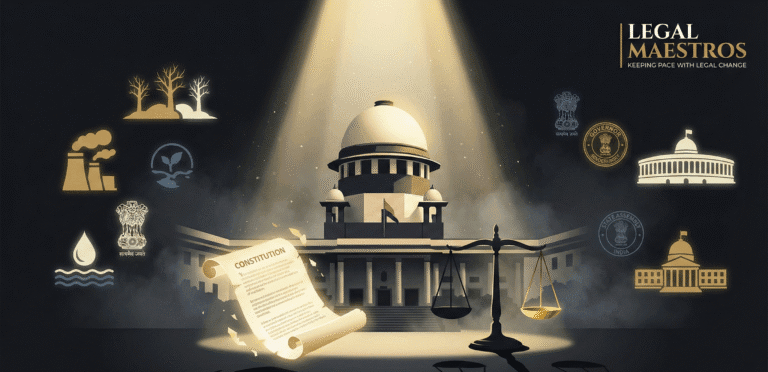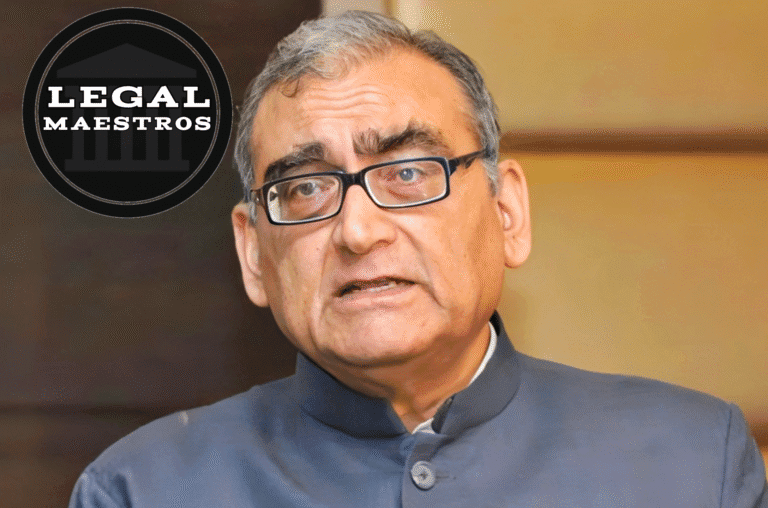
Justice Sanjay Karol
An Offer to Sell is not ownership: Supreme Court on Matruka Property.
The Supreme Court of India has in a decisive and clear pronouncement restated a basic tenet of property law stating that an intention to sell does not give rise to any right, title or interest in an immovable property. The court of Justices Sanjay Karol and Prashant Kumar Mishra in the case of Zoharbee and Anr. v. Imam Khan (D) Thr. LRS. and Ors. said that a property is not in possession of another until registered sale deed has been made concerning the property. Therefore, when the owner passes on, the property will form part of his or her inheritance, which is called matruka property in the Mohammedan law.
The Family Dispute
It was about a land case between a widow, Zoharbee, and a brother to the late husband Imam Khan. Chand Khan who was the husband died without children leaving two pieces of land. Imam Khan brought a suit of partition, the property which had been bequeathed upon his brother under the Mohammedan law had been matruka and ought to be divided between the legal heirs. As Chand Khan was issueless, Imam Khan contended that the widow, Zoharbee, could only have one-fourth of the property, leaving him the other three-fourths, as the brother.
Zoharbee disagreed on this assertion. She contended that one of the plots had been already conveyed to a third party by agreement to sell signed in her husband days. She argued that this property could not be regarded as part of the hereditary property. She said that the other plot was sold after the death of her husband to meet the costs linked to his illness. On this basis, she claimed that no property was un partitioned.
For any queries or to publish an article or post or advertisement on our platform, do call at +91 6377460764 or email us at contact@legalmaestros.com.
Journey Through the Courts
Inconsistency in the lower courts occurred in the case. The Civil Court first made a favorable decision to Zoharbee by supporting that the agreement to sell established that property was transferred and hence not liable to partition.
This decision was, however, overturned by the First Appellate Court. It believed that there was no legal ownership in an agreement to sell. This is because the formal sale deed was not completed prior to the death of Chand Khan and at the time, the property was still legally vested in his name. As such, it belonged to his property and had to be shared with his heirs. In a second appeal, the High Court concurred with the First Appellate Court saying that it could not find any substantial question of law on which it could refer to. The Supreme Court then was approached by Zoharbee.
Clear Pronouncement of Supreme Court.
The Supreme Court firmly resolved the issue by clarifying the juristical stand in a non-technical manner.
The Legal Position of a Selling Agreement.
In his judgment, Justice Sanjay Karol made it clear that an offer to sell is only a contract which gives rise to a personal liability; it is not an assignment. The case law used was the landmark case of Suraj Lamp and Industries v. The Court once again stated that under Section 54 of the Transfer of Property Act, it is obvious that an immovable property may not be sold except by way of a registered deed of conveyance (a sale deed). Without such a registered document, there can be no transfer of rights, title or interest to the buyer on the property. The right of the buyer is restricted to protection of his or her possession against the seller, but does not make him the ultimate owner.
What is ‘Matruka’ Property?
The sale agreement did not legally affect possession, therefore, property was without any doubt that Chand Khan was in possession at the time of his death. The Court stated that according to Mohammedan law, every movable or immovable property that is left by a dead person is referred to as matruka. This whole property may be divided among the legal heirs in accordance with the principles of succession established in the Holy Quran and Mohammedan law without any debts and legacies being paid.
Rules of Inheritance
The Court then utilized the special rules of inheritance. According to the Sunni law, a wife is a Sharer and she will inherit a given share of the estate. Chand Khan had no children and, therefore, his widow, Zoharbee, was a rightful one-fourth (1/4th) share. The last three-fourths (3/4th) portion of the estate would be passed on to his brother, Imam Khan, who is a “Residuary.”
The Supreme Court supported the opinion of the First Appellate Court and the High Court that they were right in law. It also indicated that in the instance Zoharbee had performed a sale transaction over one of the properties following the demise of her husband she was not entitled to transfer the property, but that she could transfer her 1/4th share only. This has an underpinning in legal maxim nemo dat quod non habet, or it is not possible to transfer a better title than a person has.
Lastly, the Court too was not satisfied with low quality of English translation of the judgment rendered at the Civil Court, as in legal cases every word counts and due care should be taken to ensure that the original meaning is retained.






